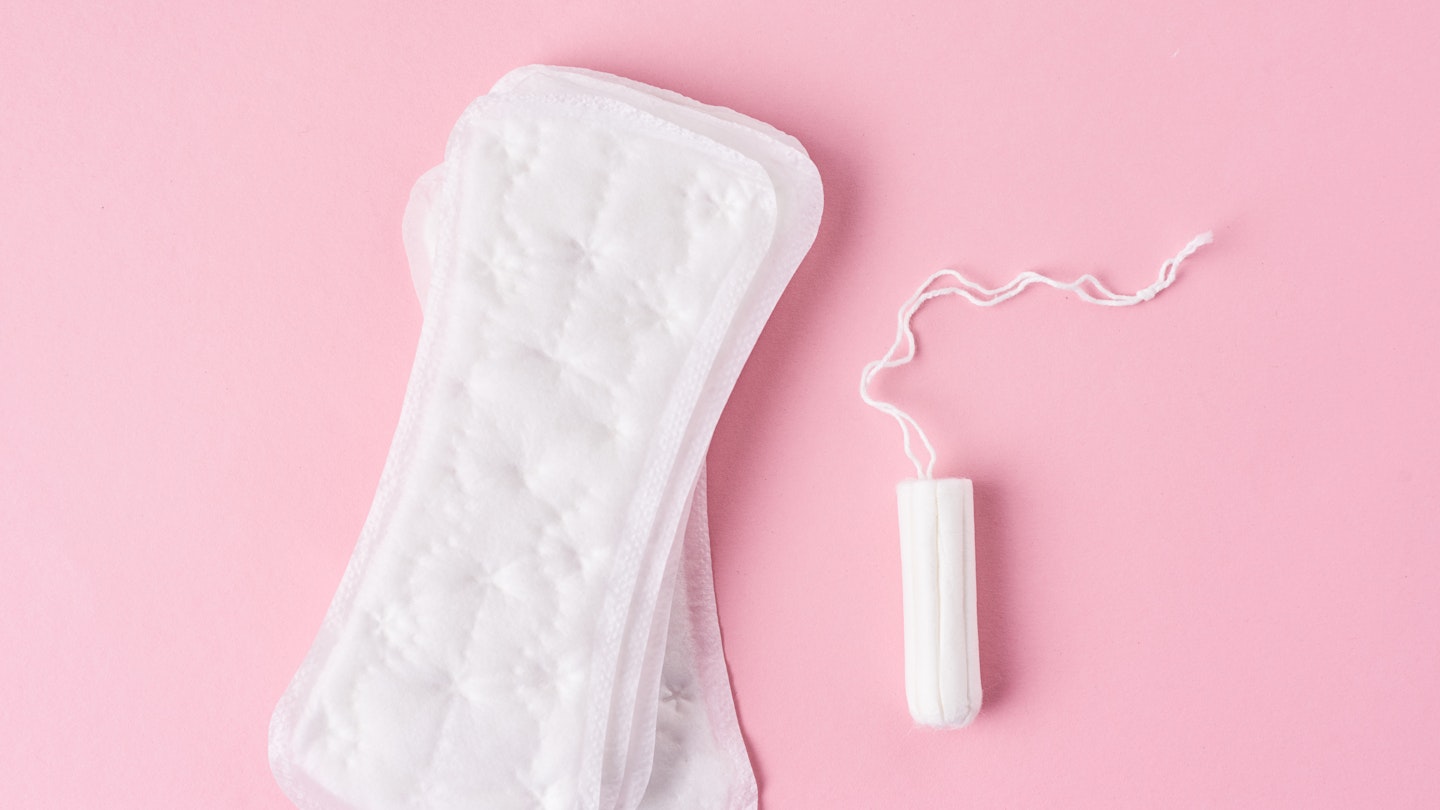The Chancellor of the Exchequer, Rishi Sunak, will pledge to end the ‘tampon tax’ - 5% rate of VAT on sanitary products, when he announces the budget next Wednesday.
The tax has been in place at different rates since 1973 and the law currently states that sanitary products such as towels and tampons are 'luxury non-essentials'. While the U.K. technically remains a part of the customs union that VAT rate can’t be lower than 5%.
The date for scrapping the tax is therefore 1 January 2021 when the Brexit transition period will be over and the UK will officially no longer be a part of the EU.
The Conservative government under David Cameron originally pledged to get rid of the tax back in 2016.
In recent years, the 'tampon tax' has been a topic of debate with supermarkets, including Tesco, the Co-op and Waitrose, waiving the tax on sanitary products for customers and paying it themselves.
The scrapping of the tax will surely come as good news for the tireless campaigners who have been raising awareness about the injustice of having sanitary products classed as a luxury item.
Campaigner Gemma Abbotts from Free Periods told BBC Breakfast ‘I think we can all agree that a tax that seeks to characterise period products as somehow non-essential items is absurd and has no place in a society that seeks gender equality.’
This news also comes as Scotland passed The Period Products (Free Provision) Bill in February which gives free sanitary products to anyone who needs them. In 2018, Scotland had become the first country in the world to provide free sanitary products in all schools, colleges and universities.
The Treasury have estimated that getting rid of the tax could save the average woman £40 over her lifetime. That breaks down to savings of 7p per pack of 20 tampons and 5p per pack of 12 sanitary towels. There is a downside to the ending of the tax, however: since 2015, money raised by the tax has been channelled into women's charities and this will now come to an end.
READ MORE: This Is Why We Need To End Period Poverty In The UK Now
READ MORE: Period Poverty Is Much More Common Than You Think
